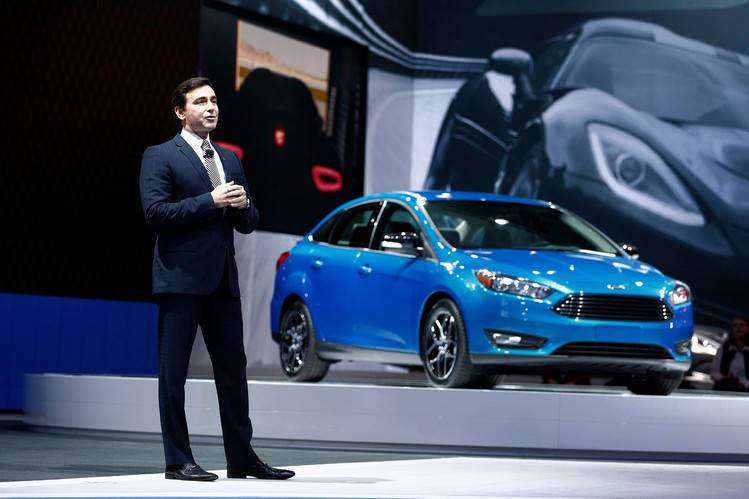Automotive giant Ford has pledged to double the size of its Silicon Valley team by the end of 2017 and also invested $75 million into Velodyne, which sells LiDAR (light imaging, detection, and ranging) sensors for cars.
The dual announcements show an increase in commitment to technology inside cars, especially autonomous tech. Ford is behind the curve compared to Tesla, Google, and rival General Motors, which has acquired its own autonomous startup, partnered with Lyft, and plans to build a huge tech center.
See Also: Ford’s autonomous vehicle work opens wallet for Civil Maps
Ford’s Silicon Valley operations currently employ 130 engineers and scientists, this will rise to 260 by the end of 2017. It will expand the campus from 30,000 to 180,000 square feet.
“We will have one of the largest automotive presences in Silicon Valley by the end of the year,” said Ford CEO Mark Fields. “We really want to be part of the community. We view ourselves both as an automotive company and a mobility company.”
Mobility is a buzzword that a lot of automotive firms have been using the past year. It suggests that automotive firms, like Silicon Valley, think autonomous cars will reduce car ownership and increase taxi services.
Ford: Self-driving tech is this century’s “assembly line”
Fields expects autonomy to be a major deal, he said to CNBC’s Squawk Box: “Autonomous vehicles could have just have as significant of an impact on society as Ford’s moving assembly line did 100 years ago.”
The other announcement is a little less exciting, Velodyne and Ford have been partners for some time. Ford’s $75 million investment signals that Velodyne will be a key supplier of LiDAR for its self-driving car. Search engine Baidu, which is building its own self-driving system, also invested in the company.
It is not Ford’s first Silicon Valley investment either, in May it invested $182 million in Pivotal, a software development firm that worked on FordPass.
That said, it still hasn’t completed a major acquisition for a tech startup. That might be necessary for Ford to get a lead in the autonomous car race, or it could partner with Google, which was rumored in 2015.


















